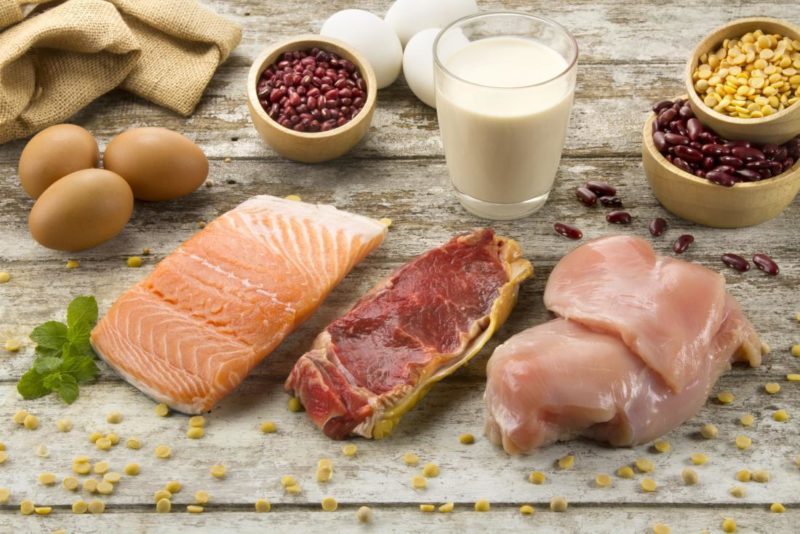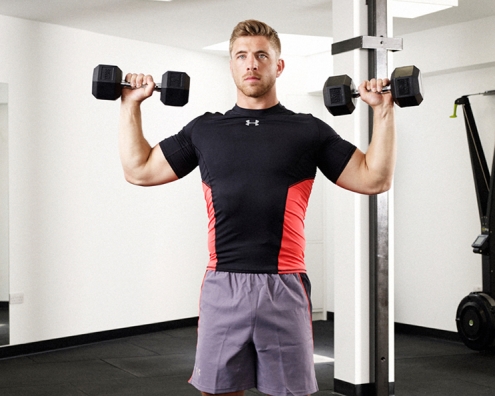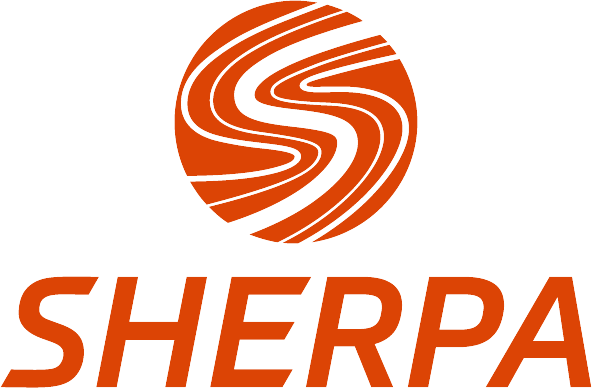
It’s no secret that protein is an essential part of our diet, helping to build, repair, and maintain all parts of our body. Both animal and plant foods can provide protein, though there are several differences, and therefore a lot of debate about which type is best.
WHAT IS PROTEIN?
Proteins are a critical part of all living organisms, working as structural components of everything from muscles and organs to bones, skin, and hair. Every part of the human body contains protein cells.
WHY IS PROTEIN IMPORTANT FOR MUSCLE BUILDING?
Proteins are made up of amino acids. Our bodies need 22 types of amino acids to function, though we cannot produce all the amino acids naturally, and cannot store proteins in our body like we can other macronutrients. That’s why it’s so important that we get regular protein from our diet – without it, muscles would cease to repair, grow, and function properly.
WHICH FOODS CONTAIN PROTEIN?
Protein can be found in all food, though the concentration varies. Animal products are generally considered the most protein-rich, though plant protein provides at least 60% of the total consumed by humans worldwide.
FOODS WHICH CONTAIN PROTEIN INCLUDE:
- Animal products (including red meat, pork, chicken, fish, and eggs)
- Whole grain cereals
- Nuts, beans, and legumes
- Fermented plant foods (including tofu and tempeh)
WHAT IS THE DIFFERENCE BETWEEN ANIMAL AND PLANT PROTEIN?
The biggest difference between animal and plant protein is the level of essential amino acids (EAA) they contain. Animal proteins contain much higher concentrations of EAA, which means you need to eat far less to meet your body’s requirements.
NOTE: a food that contains all nine of the proteins we cannot produce ourselves is called a “complete” protein
ANIMAL PROTEIN
WHAT ARE THE BENEFITS OF ANIMAL PROTEIN?
A lot of animal protein is complete, which means it contains all the types of EAA our bodies need for our muscles to repair, grow, and function.
Research has shown that animal proteins are easier to digest than plant proteins, meaning your body can absorb more of what it needs from animal protein than from plant sources.
Because of its higher levels of amino acids and easier digestibility, complete animal protein is generally considered better than plant protein for building muscle.
WHAT ARE THE MOST PROTEIN-RICH ANIMAL PRODUCTS?
Sources of complete animal protein – those which contain the most amino acids – include:
- Fish
- Eggs
- Dairy (including cheese, milk, and whey)
- Poultry (including chicken, turkey, and quail)
- Red meat (including beef, bison, and venison)
PLANT PROTEIN
WHAT ARE THE BENEFITS OF PLANT PROTEIN?
Plant-based muscle growth is every bit as achievable as animal-based, though it might require a little more planning. Most plant proteins are incomplete, though there are some options which do provide all the amino acids needed for muscle growth.
NOTE: it’s important for plant-based muscle builders to combine protein sources, to ensure they’re getting all the EAAs.
Sources of plant protein usually contain lower levels of saturated fat and cholesterol than animal protein, which means decreased risk of cardiovascular disease. Plant protein also contains fibre, which helps to keep the digestive system running smoothly.
Muscle building aside, plant protein has been proven to be better for a person’s overall health.
WHAT ARE THE MOST PROTEIN-RICH PLANT PRODUCTS?
While there are fewer complete plant protein foods to choose from, those that are available include:
- Quinoa
- Buckwheat
- Hempseed
- Chia
- Soy
- Rice
ANIMAL VS. PLANT PROTEIN: WHICH IS BEST FOR BUILDING MUSCLE?
The best way to build muscle is to provide your body with plenty of protein post-workout. This can be animal or plant-based, though fueling up on animal protein is easier, because it means you’ll only require a more manageable amount, and the EAAs you do eat will be absorbed better.
However, if you’re opposed to eating animal products for whatever reason, you can build muscle just as effectively by eating only plant protein. Make sure you’re getting all the EAAs you need by introducing complete plant protein sources into your diet to stay on track.
For more nutrition advice, or for workout tips from experts, keep exploring the blog




